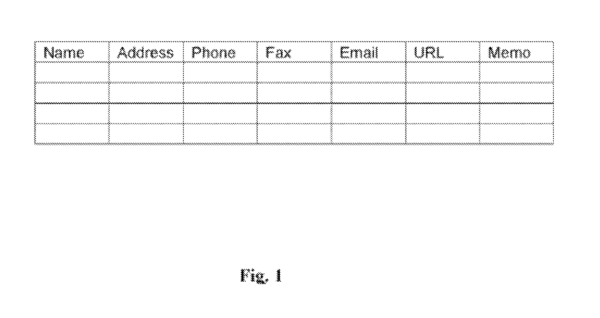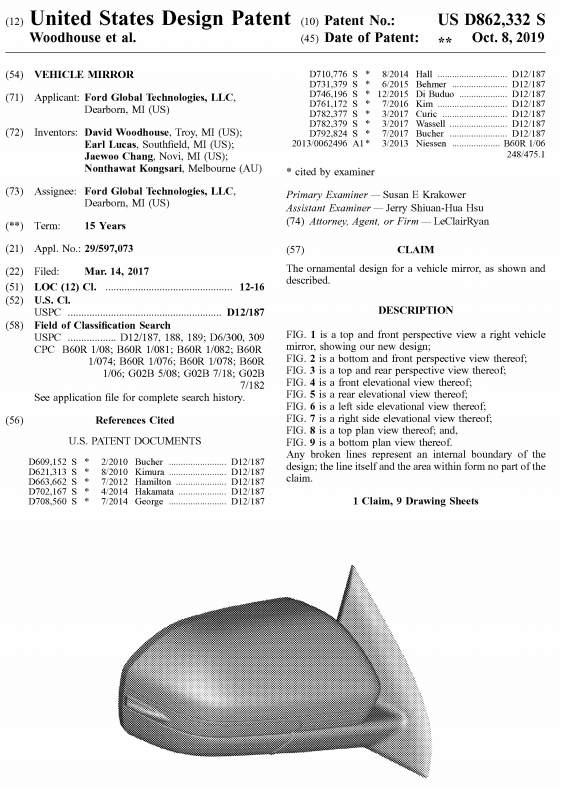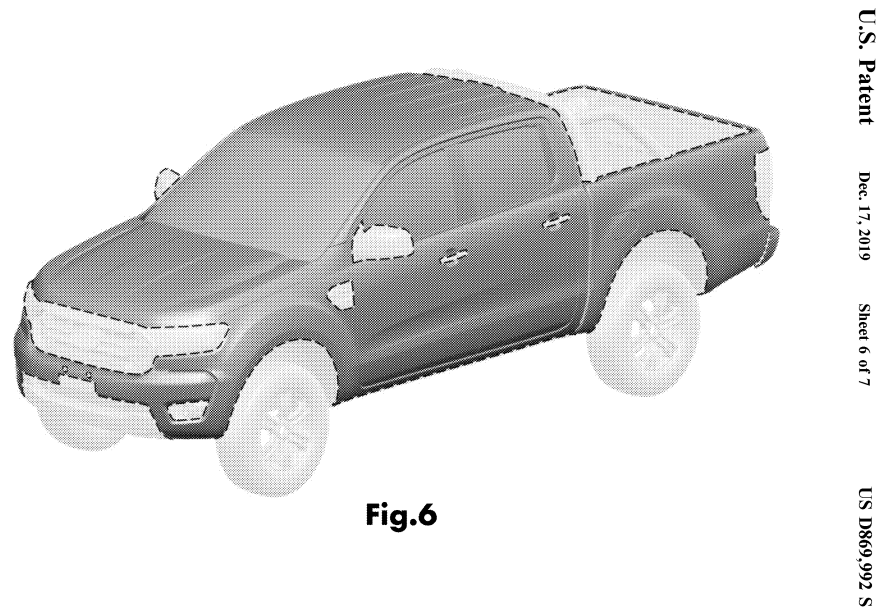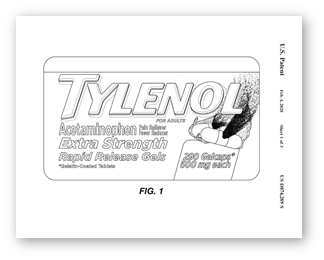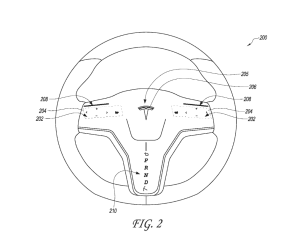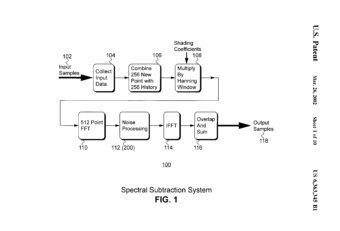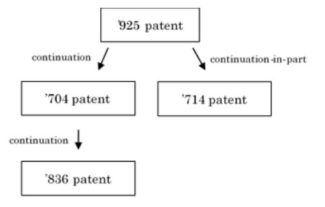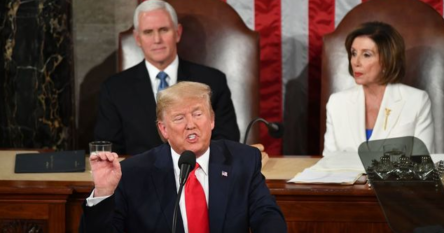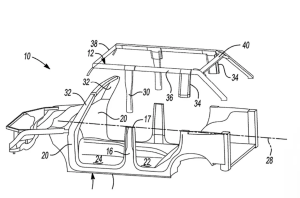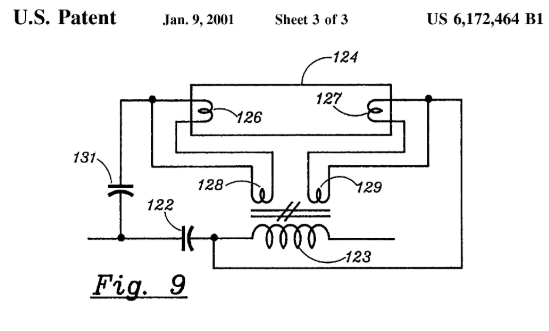I enjoy reading competitive questions-presented in Supreme Court petitions. Although I don’t have evidence to support this, my contention is that respondents have become much more aggressive at recharacterizing the questions from the way they were presented in the original petition. As that aggression grows, so does the propensity of petitioners to write even more biased questions.
Briefing in Collabo Innovations, Inc. v. Sony Corp., Docket No. 19-601 (Supreme Court 2020), shows how the U.S. Solicitor’s office has gotten on-board the ‘game.’
Compare below:
| Collabo Petition:
When U.S. Patent No. 5,952,714 issued in September 1999, the Patent Act provided only two avenues for challenging the validity of the patent’s claims: ex parte reexamination and district court litigation. Shortly thereafter, Congress added a third method, inter partes reexamination, but deliberately chose to exclude older patents from the new proceeding. More than 10 years later, Congress replaced inter partes reexamination with a fundamentally different proceeding, inter partes review, and made it apply retroactively to all prior patents. |
Responsive Brief from U.S. Gov’t
For almost four decades, the United States Patent and Trademark Office (USPTO) has “possessed the authority to reexamine – and perhaps cancel – a patent claim that it had previously allowed.” Cuozzo Speed Techs., LLC v. Lee, 136 S. Ct. 2131 (2016). In the Leahy-Smith America Invents Act (AIA), Congress replaced one of the existing mechanisms for administrative reconsideration of issued patents with a new administrative reconsideration proceeding known as inter partes review. Congress further provided that inter partes review “shall apply to any patent issued before, on, or after th[e] effective date” of the AIA. |
| The questions presented are as follows:
1. Does the retroactive application of inter partes review to a patent that issued before the passage of the AIA, violate the Takings Clause of the Fifth Amendment? 2. Does the retroactive application of inter partes review to a patent that issued before the passage of the AIA, violate the Due Process Clause of the Fifth Amendment? |
The questions presented are as follows:
2. Whether the cancellation, following inter partes review, of petitioner’s pre-AIA patent violates the Just Compensation Clause. 1. Whether Congress’s decision to authorize the USPTO to conduct inter partes review of patents issued before the AIA’s effective date is irrational, and thus violates the Due Process Clause. |
Notice the competing preambles that talk-past each other without addressing the same key points; The US Gov’t then reordered and rewrote the questions. On the takings question — petitioner uses the trigger keyword “retroactive application” of IPR while the Gov’t refers to the more neutral “cancellation.” Cancellation is an important term here because cancellation was already allowed pre-AIA under the reexamination statutes. On the due process question, the Gov’t flips the “rational basis” test to ask instead whether the AIA is “irrational.” The Gov’t approach on this second question incorrectly suggests that Congressional irrationality is the test or perhaps the issue raised by the petition. It turns out that neither are true because due process is also concerned with arbitrary government action (as indicated in Collabo’s briefing).
What is most interesting to me here is that these shifts and tilts of the question are all transparent to the Supreme Court justices and their law clerks. Still I expect that the alternate narratives trigger an emotional response; and those emotions are typically the root of decision making even for the highly rational.
